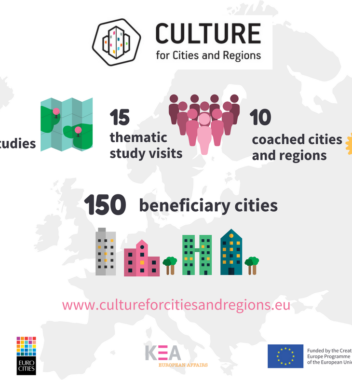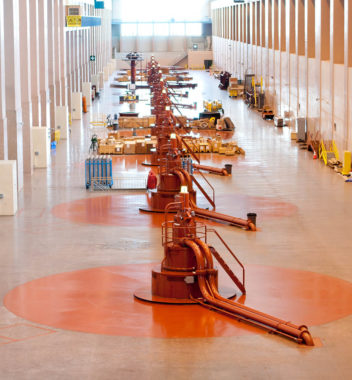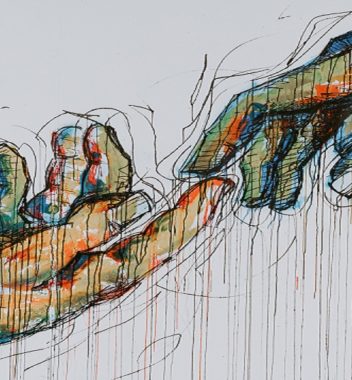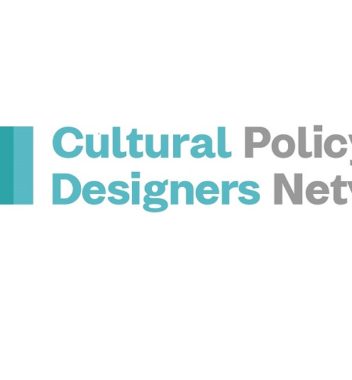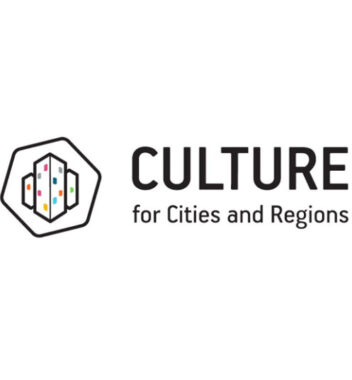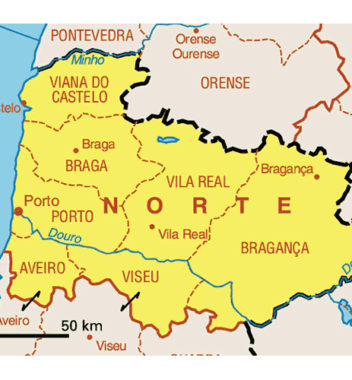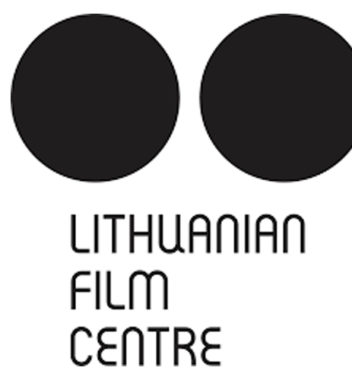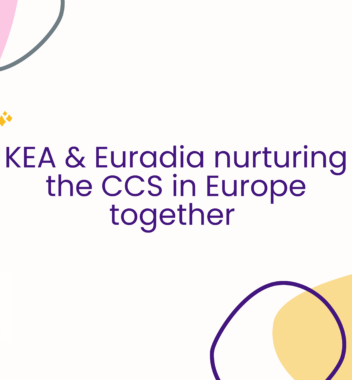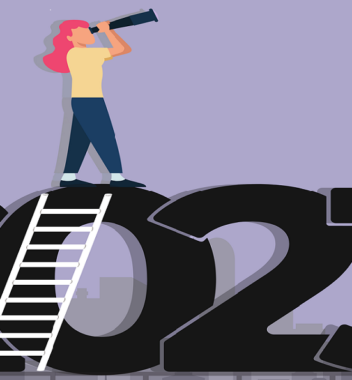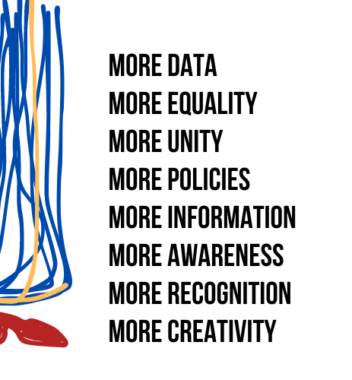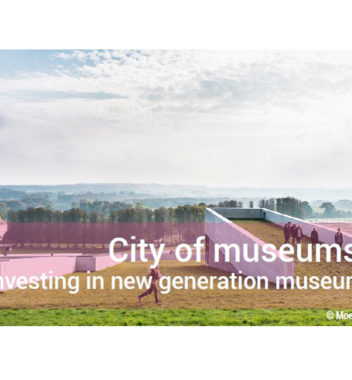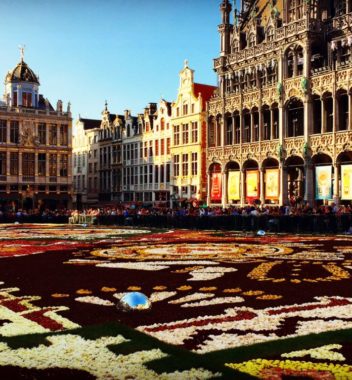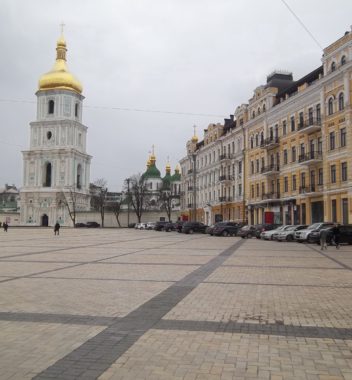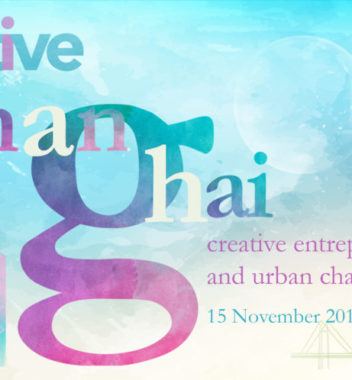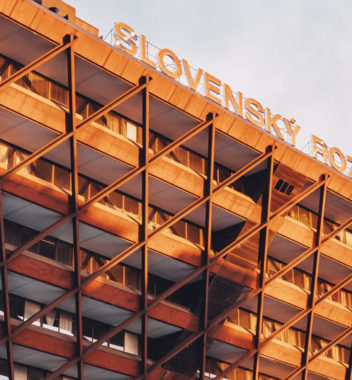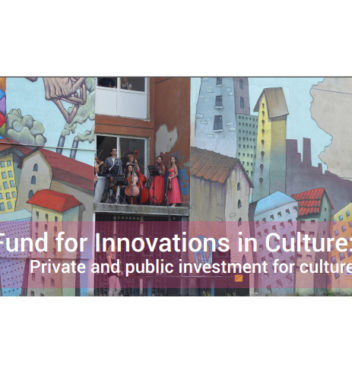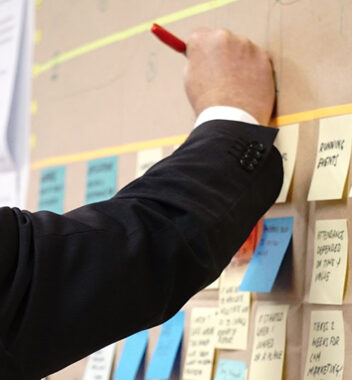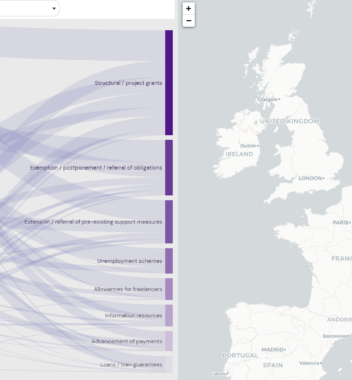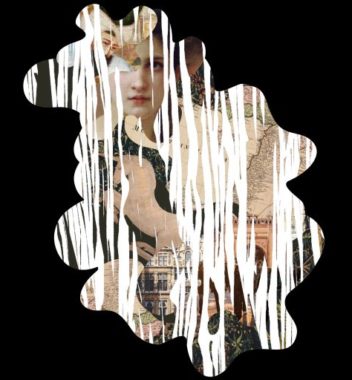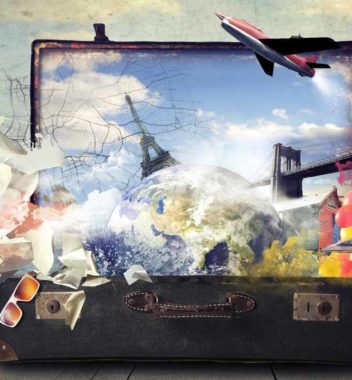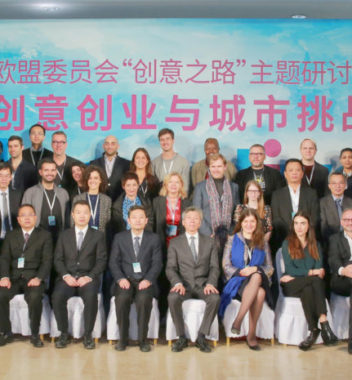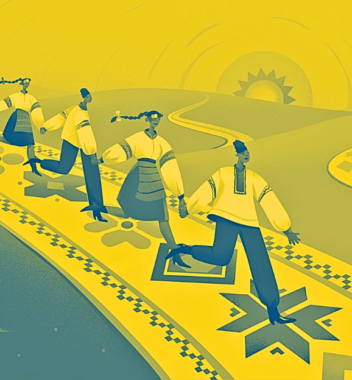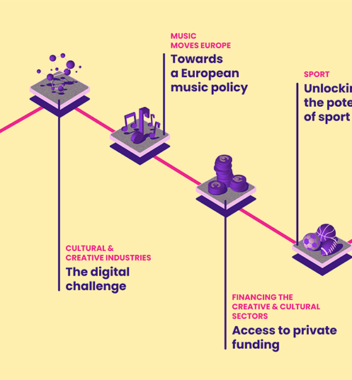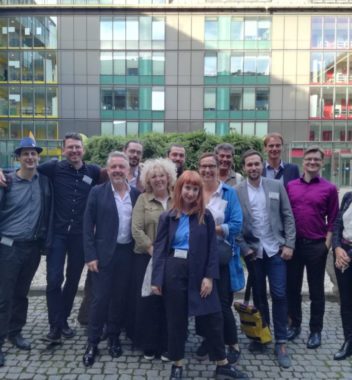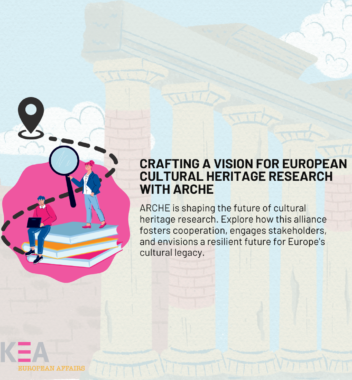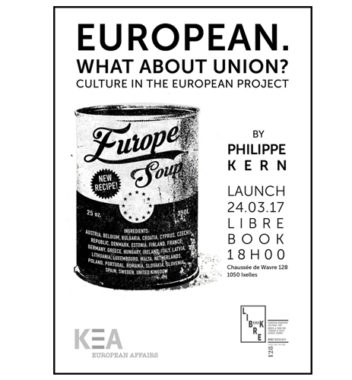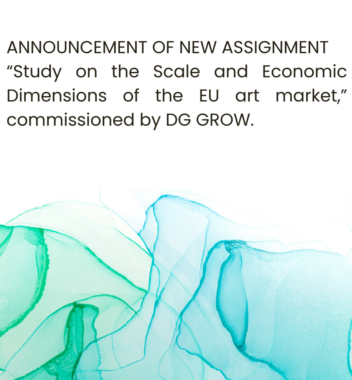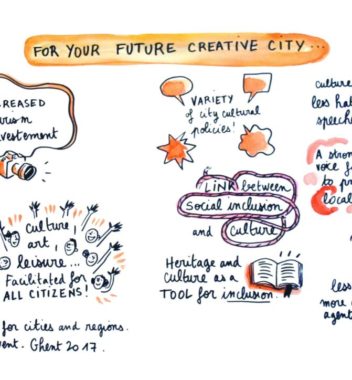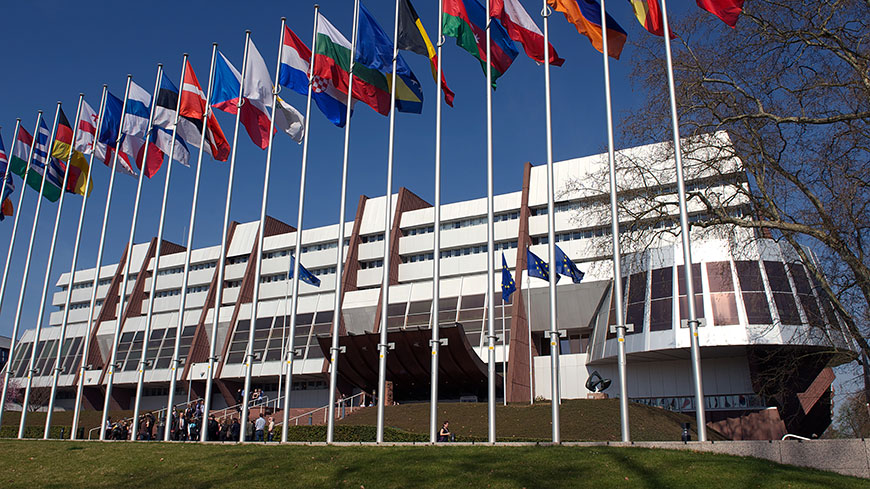
Unsustainable human activity is threatening the foundations of life on earth. Our ecosystem is being endangered. The environmental dangers are well known: climate change due to greenhouse gas emission and less biodiversity with more than 1 million animal and plant species threatened with extinction. Technological progress in genetics, artificial intelligence, data processing and digital communication are challenging human values and ethics, cultural diversity as well as the democratic model of governance. With the emergence of pandemics, Covid 19 having killed, as of today, more than 5.5 million people in the world and infecting hundreds of millions, billions of individuals shared a common painful experience.
We know the origin of these global challenges. They encompass our unsustainable industrial, agricultural and economic activities with for instance energy production responsible for 75% of greenhouse emission in Europe but also the misuse of technological progress and digital networks. They also stem from a poor appreciation of our interdependence as humans living on a single planet, the lack of collective empathy and solidarity to act together as well as individual behaviours leading to over consumption, poor waste management and our perception of nature as a disposable good.
The Covid 19 crisis has shown that humans are social beings and that we need each other to find solutions. Global challenges are the opportunity to confront our ability to cooperate and as a result our capacity to survive.
Culture, notably through rituals, celebrations and performances is a strong trigger of universal emotion (fears, angers, happiness, pride or desire), which in turn drives motivation to act and guide our thoughts and decisions. Artists and cultural workers can play an important role in generating the collective will to act and the solidarity required to address global challenges. The cultural world is already internationally oriented with its collaborative and networked way of functioning. It should be invited to contribute to fight apathy and to create the foundation for intercultural collaboration.
Responding to global challenges requires a new vision whilst we are still looking backwards and using yesterday’s terms, prejudices, myths, values and narratives. It should be acknowledged that the capacity of scientific and technological progress to safeguard and improve living conditions is closely related to development in parallel of cultural progress that nourishes humanity’s values, aspiration, cohesion and conscience. Culture is of extraordinary importance today, and of necessity as it shapes values that determine our future. A future without culture would be a cause of great concern as nothing would prevent humans from shaping humans like machines (a neuronal being) devoid of autonomy, ethic, freedom, values, convictions and consciousness.
As stated in the Rome Declaration of the G20 Ministers of Culture, “culture is the foundation for relaunching prosperity, social cohesion and the well-being of people and communities”.
How can culture, cultural heritage and landscape policies and actors support transformation to address global challenges? This is the question the Council of Europe’s intergovernmental Steering Committee in charge of these sectors asked when discussing the impact of the COVID-19 crises in November 2020, a debate from which the initiative for a new draft Council of Europe CM/ Recommendation sprang.
It is now well established internationally that culture is a social necessity that delivers a wide range of outcomes both socially and economically. Modern economies, still characterised by industrial productivism and the optimisation of results, are giving more importance to creative, emotional, aesthetic and intuitive dimensions. In parallel the societal demand for qualify of life, meaning and self-enrichment is driving an exponential growth in cultural services, practices and experiences. These trends require a renewed vision of culture and its transformative capacity.
Like the G20 Rome Declaration adopted on 30 July 2021, the Council of Europe Recommendation[1] CM/Rec (2022)15CM affirms culture’s transformative role in sustainable development and calls for the full recognition and integration of culture into relevant policies. The Recommendation also builds on the UN Resolution on culture and sustainable development of December 2019.
The Recommendation goes a step further by identifying the assets and skills of cultural stakeholders (artists, cultural workers, creative professionals, industries, institutions, associations) that should be mobilized to help address those challenges. Notably, the recommendation identifies the capacity of cultural actors:
- to engage with people through their art across frontiers to help build empathy, trust, mutual understanding, solidarity through social interactions and cultural exchanges, with the aim to foster a conscience of interdependence and to generate a collective ambition to act:
- to empower people and local communities through art practices and participation with a view to trigger emotion and the determination to act for people to realise that they are part of the solution.
- to engage with imagination, beauty, design and critical thinking to contribute to the definition of the future and to impose a new ethic on economic and societal development.
- to question progress (scientific, technological, economic) notably its ethical and cultural impact.
- to propose heritage techniques and craftmanship to find sustainable solutions.
The Recommendation calls on the recognition of artistic and creative skills to support innovation respecting sustainability goals. It recalls that the cultural and creative sector is an essential driver of the digital and creative economy as well as a motor of social, political and technological changes because of the transformative power of art, stories and aesthetic as well as the demand from people for a new ethic to respect the environment and sustainable development.
The Recommendation also highlights the specific role of public cultural institutions and media to reach out to the largest number, including the socially and economically disadvantaged to act as a lever of communities’ engagement.
The Recommendation stresses the importance of addressing social behaviours, mindsets and new cultural patterns. It calls on governments to entrust cultural stakeholders in enabling and contributing to social transformation. It calls on a new understanding of culture – and hence policies – as a strategic element to address global challenges. It proposes various policy objectives and measures aimed at fostering a local (to engage with people and communities) and global (to encourage international collaboration) approach to generate a collective ambition and international cooperation based on empathy and solidarity.
The Recommendation suggests ways to ensure the cultural dimension of digital technology. Artificial intelligence and market dominance are notably well addressed by the recommendation to contribute to cultural diversity objectives. The Recommendation states that technological progress should not be conceived without considering the cultural dimension. It also calls on giving better consideration to the social status of artists and cultural workers.
For the first time an international instrument -although “soft law”- is calling on arts and humanities to shape tomorrow ’s world and is suggesting concrete measures to policy makers to make the most of cultural resources to achieve sustainable goal objectives. It shows ways to generate, with the support of cultural stakeholders, a collective ambition and global cooperation across the Council of Europe ‘s membership to achieve greater unity for the purpose of fostering the ideals and principles of the organisation, founded upon respect for human rights, democracy and the rule of law, a common heritage.
Philippe Kern
20.05.2022
[1] Recommendation by the Committee of Ministers of the Council of Europe on the role of culture, cultural heritage and landscape to address global challenges – CM/Rec(2022)15, Turin 20.05.2022.
The Recommendation can be downloaded here.

